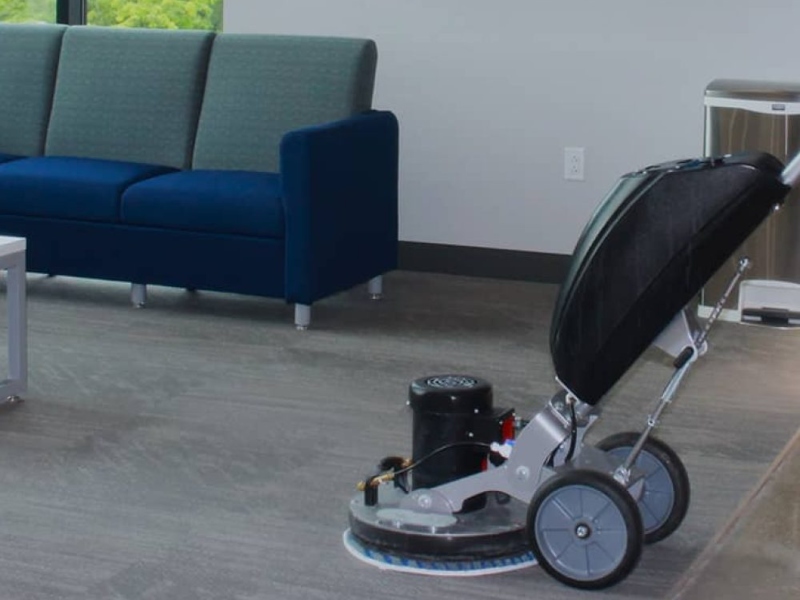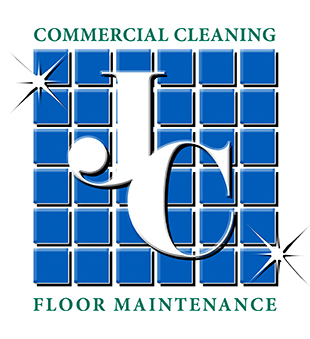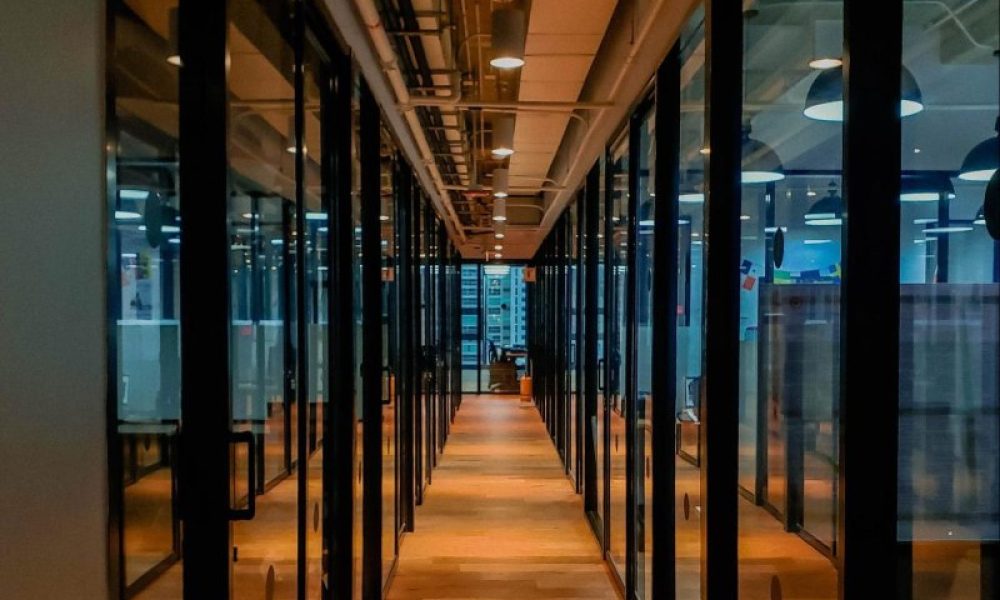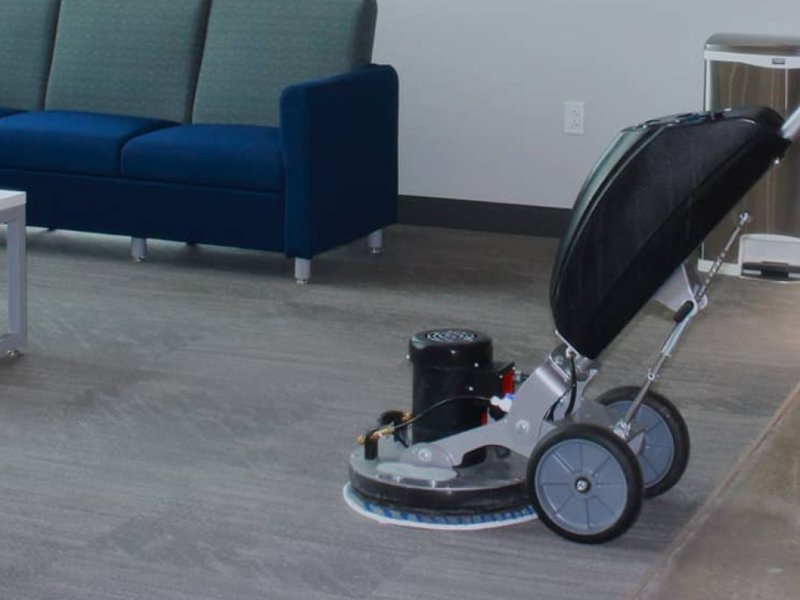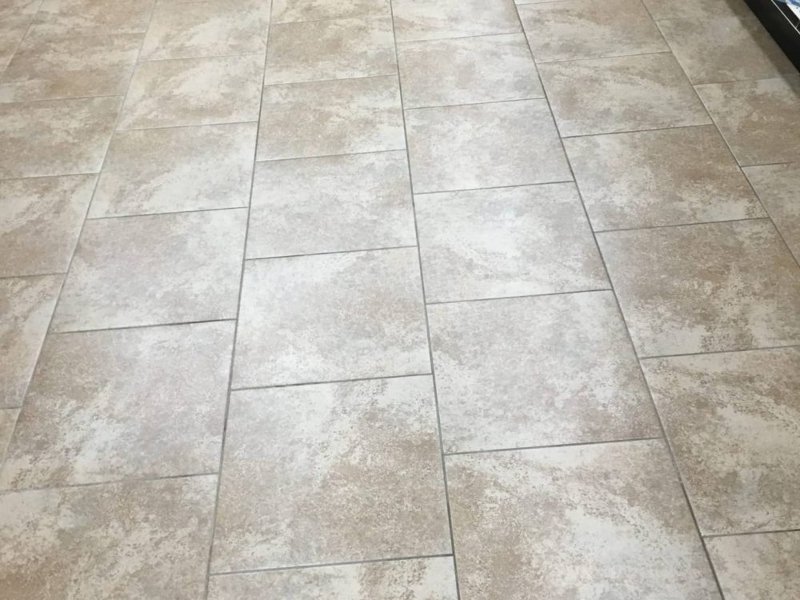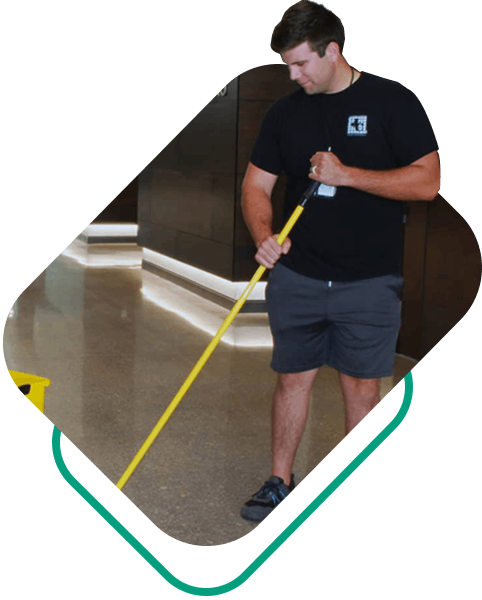Commercial janitorial services have come a long way from their humble origins as basic cleaning and maintenance providers. As businesses and workplaces evolve, so too do the demands and expectations placed on janitorial services. In this exploration of the future of commercial janitorial services, we’ll delve into the key trends and advancements shaping the industry. One of the most significant trends shaping the future of commercial janitorial services is the integration of advanced technologies. These technologies are not only making cleaning processes more efficient but also enhancing transparency and customer satisfaction. Smart Cleaning Equipment: Robotic vacuums, autonomous floor scrubbers, and window-cleaning drones are becoming increasingly common in commercial cleaning. These machines are equipped with sensors and AI to navigate spaces and perform tasks with minimal human intervention. IoT (Internet of Things): IoT devices and sensors are being used to monitor cleanliness levels and track supply usage in real-time. This data-driven approach allows for predictive maintenance, reducing downtime, and improving efficiency. Digital Communication: Many janitorial companies are adopting digital platforms and apps for communication with clients. Clients can request services, report issues, and provide feedback through user-friendly interfaces. Green Cleaning Technology: Environmentally friendly cleaning solutions and equipment are gaining prominence as sustainability becomes a priority for businesses. This includes the use of eco-friendly cleaning agents, reduced water consumption, and energy-efficient machinery. In the wake of the COVID-19 pandemic, health and safety have become paramount concerns for businesses. As a result, commercial janitorial services are adapting to address these concerns: Enhanced Disinfection Protocols: Regular cleaning has evolved to include more rigorous disinfection practices, particularly in high-touch areas. Janitorial staff are trained to use EPA-approved disinfectants effectively. Touchless Technologies: Touchless dispensers for soap, hand sanitizer, and paper towels are being installed in restrooms and common areas to minimize contact points. HEPA Filtration: High-efficiency particulate air (HEPA) filtration systems in HVAC systems are being used to improve indoor air quality and reduce the spread of airborne pathogens. As environmental consciousness grows, so does the demand for sustainable janitorial practices: Green Cleaning Products: The use of biodegradable and non-toxic cleaning agents is on the rise. These products are not only better for the environment but also contribute to healthier indoor air quality. Waste Reduction: Janitorial companies are increasingly focused on reducing waste through practices like recycling, reusing cleaning materials, and using refillable dispensers. Energy-Efficient Practices: Energy-efficient cleaning equipment and vehicles are being adopted to minimize the environmental impact of janitorial operations. The future of commercial janitorial services also hinges on professionalism and well-trained staff: Certifications and Training Programs: Many janitorial staff are pursuing certifications related to cleaning practices and safety. Employers are investing in ongoing training to ensure their teams are well-prepared for evolving challenges. Uniforms and Identification: The appearance and professionalism of janitorial staff play a significant role in the perception of the service. Uniforms and identification badges are becoming more standardized. Commercial janitorial services are recognizing the need for flexibility and tailored solutions: Customized Cleaning Plans: Clients increasingly seek cleaning plans that are tailored to their specific needs and schedules. This could involve more frequent cleaning during busy periods or specialized services for unique spaces. Variable Scheduling: The traditional 9-to-5 cleaning schedule is evolving as businesses diversify their operating hours. Janitorial services are adapting to accommodate night, weekend, or on-demand cleaning. The use of data analytics is becoming more prevalent in commercial janitorial services: Performance Metrics: Janitorial companies are collecting and analyzing data on cleaning performance, customer satisfaction, and supply usage to make informed decisions and continuously improve service quality. Predictive Maintenance: Data analytics can help predict when equipment requires maintenance or replacement, reducing downtime and ensuring consistent service. Some businesses are choosing to outsource their janitorial needs to specialized companies: Specialized Services: Companies that focus exclusively on specific sectors, such as healthcare or cleanrooms, are gaining traction. They bring specialized knowledge and experience to meet unique cleaning requirements. Cost Savings: Outsourcing janitorial services can be cost-effective, as it eliminates the need for in-house cleaning staff, training, and equipment investment. Clients are placing a premium on quality assurance and accountability: Service Level Agreements (SLAs): Many commercial janitorial contracts now include SLAs that define service expectations and penalties for non-compliance. Performance Tracking: Janitorial companies are implementing systems to track and report on their performance, ensuring they meet agreed-upon standards. Janitorial services are increasingly focused on creating clean and healthy environments that contribute to overall well-being: Indoor Air Quality: Improved air quality through thorough cleaning and proper ventilation is recognized as essential for occupant health. Mental Health: Clean and well-maintained spaces can have a positive impact on mental health, reducing stress and promoting productivity. Ultimately, the future of commercial janitorial services will be shaped by evolving client expectations: Transparency: Clients expect transparent communication, including real-time updates on service delivery and immediate responses to inquiries or concerns. Value-Added Services: Beyond cleaning, clients are looking for janitorial companies that can provide additional value, such as sustainability consulting or guidance on compliance with health and safety regulations. In conclusion, the future of commercial janitorial services is marked by innovation, sustainability, and a focus on health and safety. As technology continues to advance and businesses adapt to new challenges, janitorial services will play a vital role in creating clean, safe, and environmentally responsible spaces for people to work, learn, and live. Adaptation and a commitment to excellence will be the hallmarks of successful janitorial services in the years to come.Technological Integration
Health and Safety Emphasis
Sustainability and Green Cleaning
Training and Professionalism
Customization and Flexibility
Data-Driven Decision-Making
Outsourcing and Specialization
Quality Assurance and Accountability
Health and Wellbeing
Evolving Client Expectations
